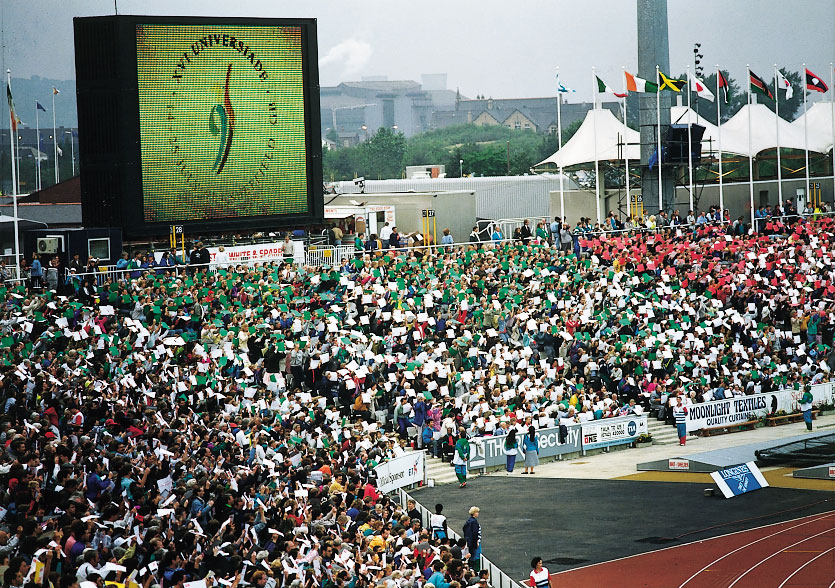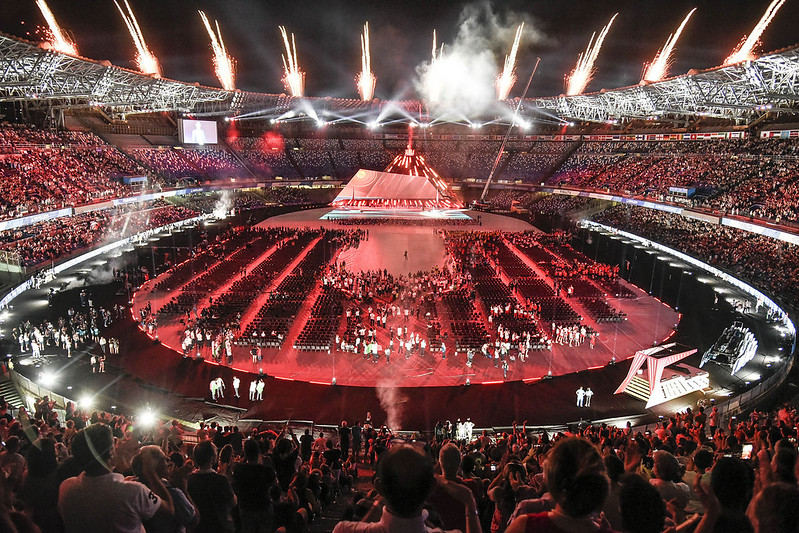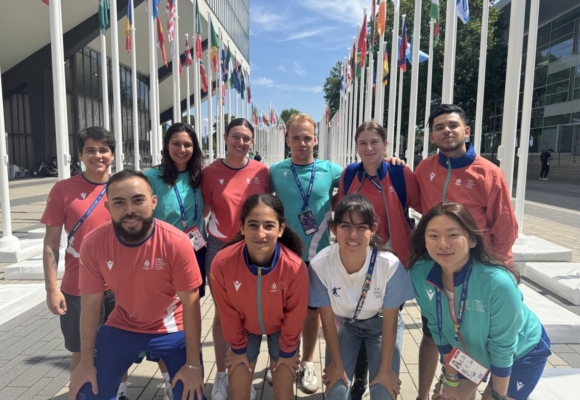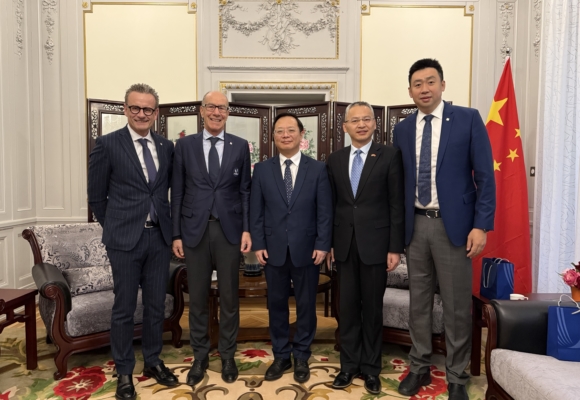 The summer and winter editions of the FISU World University Games of 2027 and 2029 will once again be made available publicly so that any city worldwide can place their bid. The bidding process will begin on 1 September and will last until 31 January 2022, when an initial selection of potential host cities will be made.
The summer and winter editions of the FISU World University Games of 2027 and 2029 will once again be made available publicly so that any city worldwide can place their bid. The bidding process will begin on 1 September and will last until 31 January 2022, when an initial selection of potential host cities will be made.

Since 2016, the bidding process had switched to a more bilateral method based on networking and research because of the high demand to host the events – previously known as Universiade – which led to many cities being rejected despite their strong efforts in producing a good bid. Conducting the bidding process for 2027 and 2029 will allow more time for the preparations of those games, compared to 2019 and 2021 where we only had two and a half years of preparations.
For the occasion, FISU Secretary General-CEO, Eric Saintrond, was willing to share insight into the process and explains what makes a good bid when submitting a candidature to host the FISU World University Games.
Three primary themes constitute a good bid to host the FISU World University Games: legacy, vision and sustainability.
The host city should use the event to promote a positive impact on the university environment that will last in time, well after the end of the FISU Games. This impact can be directly linked to the promotion of sport in universities, better sport infrastructure and facilities on campus, and more or improved student accommodation.
In addition to the improvement within universities, FISU is also interested in the long-term vision that the host city has for itself. The FISU World University Games should be a catalyser to create a positive impact on the community and the region’s economy and wellbeing. This can range from plans to increase tourism, develop the city’s infrastructure and public sports facilities, or encourage community-based activities that will help develop their environment.
Finally, sustainability is an important factor in selecting strong candidates. FISU puts a strong emphasis on trying to reuse already existing venues as much as possible to avoid building facilities that will not be used once the FISU Games come to an end.
“We strongly recommend cities to either renovate, update or adapt existing venues so that they do not end up building new infrastructure that will not be used later on,” M. Saintrond develops. “We also advise host cities to think of adapting existing venues that were not initially intended to be sports venues – such as congress exhibition centres – so that these buildings can be renovated into a more modern and polyvalent venue and can be used more often in the future. The next FISU World University Games will have sustainability at its core. For example, innovating the transport system to use fewer vehicles, improving waste management, and using abandoned venues, to name a few.”
There are many advantages to hosting the FISU World University Games, and it is up to the host city to make the most of this unique opportunity.

“For lots of countries, hosting the FISU Games is a great opportunity to develop an activity (R&D, education, academy, etc.) and showcase their culture as well as open their doors to people from all around the world,” says the FISU Secretary General-CEO. “You have young student-athletes, professionals, media and spectators from multiple countries that get together for 3 weeks, to have fun, share their experience and make great memories that will portray the city in its best light and encourage these same people to share their stories and even maybe come back to visit as tourists.”
“There are also more direct financial advantages in hosting the FISU Games,” M. Saintrond continues. “It can help obtain a substantial budget from the state to develop infrastructure and sport activities without having to invest too much because FISU remains very flexible regarding the venues and tries to use as many existing buildings as possible.”
The event also helps strengthen the community within a city or a region. People communicate and share a common project, local students can demonstrate their level and performance, and includes participation from diverse sectors like IT, legal, health, sport, tourism, advertising, and entrepreneurship.
“A good example of a strong bid with a clear vision and long-term benefits is the 1991 Summer Universiade in Sheffield, Great Britain,” M. Saintrond explains. “Sheffield was an industrial city specialised in the metallurgy industry, and when all the factories closed, they hosted the FISU Games to give a second life to the city. After the event, Sheffield became the city for sport in Great Britain for the following years, providing new jobs to the community. Another good example is Kazan, Russia, when they organised the FISU Games in 2013. It was a breath of fresh air with a renovated city, and Kazan became an important sports city in Russia.”
FISU looks forward to receiving inspiring and innovative bids for the summer and winter editions of the 2027 and the 2029 FISU World University Games. Submissions will be accepted from 1 September 2021 to 31 January 2022.



